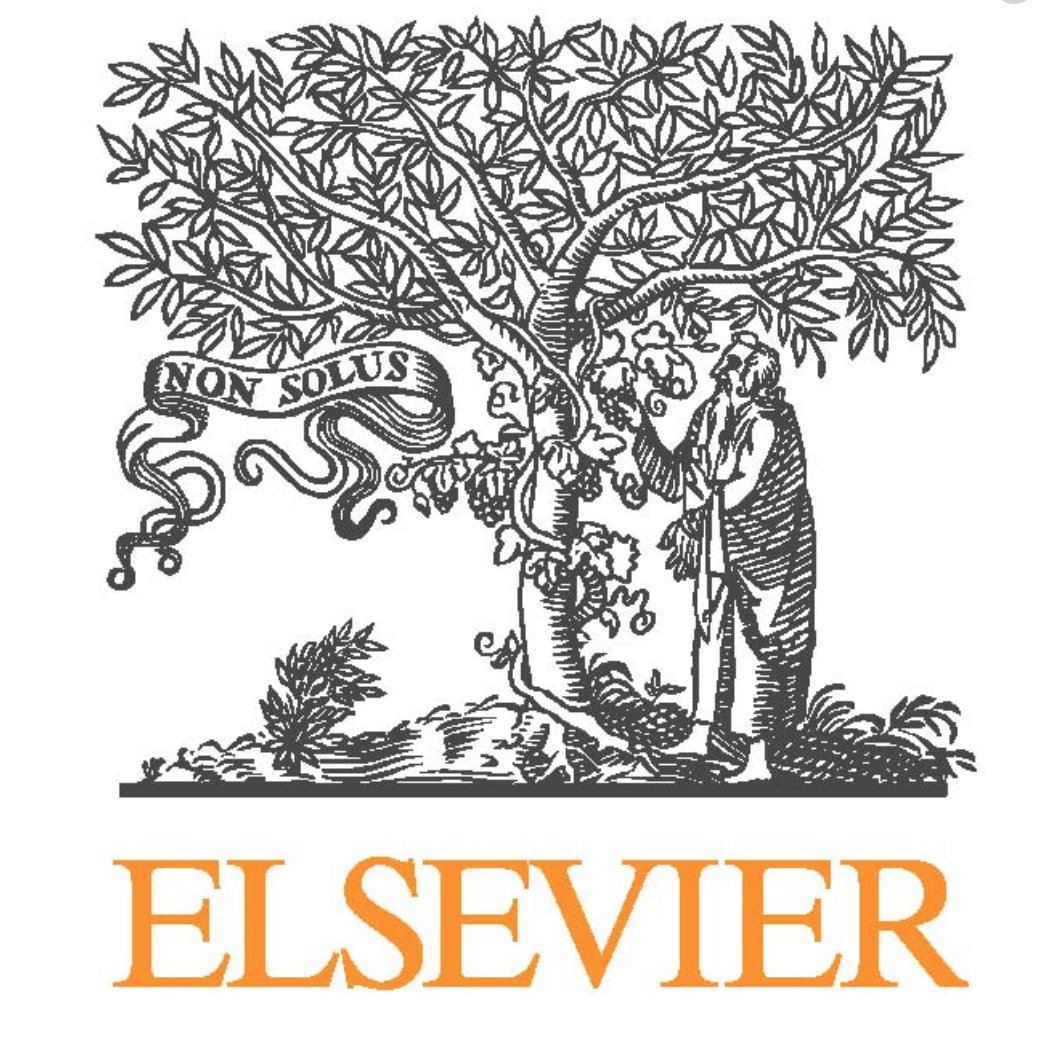Elsevier Insights 2024: Attitudes Toward AI
NISO Member News
July 9, 2024

“All emerging technologies, including AI, have both advantages and disadvantages. It is essential to further develop and regulate these technologies, aiming to extract maximum benefits.”
- Researcher, (Canada)
Elsevier’s survey of 3,000 researchers and clinicians shows willingness to use AI in their daily work, with clear differences in attitude between US, China, and India.
Artificial intelligence (AI) is expected to transform research and healthcare, yet adoption of AI for work use remains low as does use of even the most popular AI platforms like Bard and ChatGPT, according to a new study by Elsevier, a global leader in scientific information and data analytics. The Insights 2024: Attitudes toward AI report, based on a survey of 3,000 researchers and clinicians across 123 countries, reveals that both groups see AI having the greatest potential in accelerating knowledge discovery, increasing work quality and saving costs.
The official announcement of the report's release is here. The survey was taken between December of 2023 and February of 2024.
From the Executive Summary
The artificial intelligence (AI) landscape is changing rapidly, and in order to ensure the technology has a positive impact on research and healthcare, it’s important to monitor the views of those who could be using it.
The Insights 2024: Attitudes toward AI research aimed to do this, by surveying nearly 3,000 people working in research (including leaders and corporate researchers) and in health (clinicians) from around the world.
The research examines the attitudes of researchers and clinicians towards artificial intelligence, including generative AI, covering its attractiveness, perceived impact, the benefits to them and wider society, the degree of transparency to be comfortable using tools that capitalize on the technology, and the challenges they see with AI. It also looks at the current usage, and what respondents think would help them trust AI tools.
Some main themes emerge from the results of the research:
- Awareness of AI is high, but regular usage is low generally, with expectations that this will grow. Institutions have not yet clearly conveyed their AI usage restrictions, or their preparations for increased use of AI, to researchers and clinicians.
- Attitudes are mixed, but sentiment is more positive than negative among researchers and clinicians.
- Specific actions can help increase trust, and by taking and communicating them, providers of AI tools can increase users’ comfort.
Elsevier is a Voting Member organization of NISO.
Full text of the report, 45 pages (PDF)
Infographic of the report (PDF)